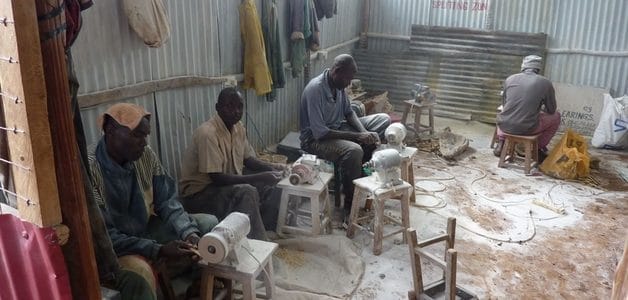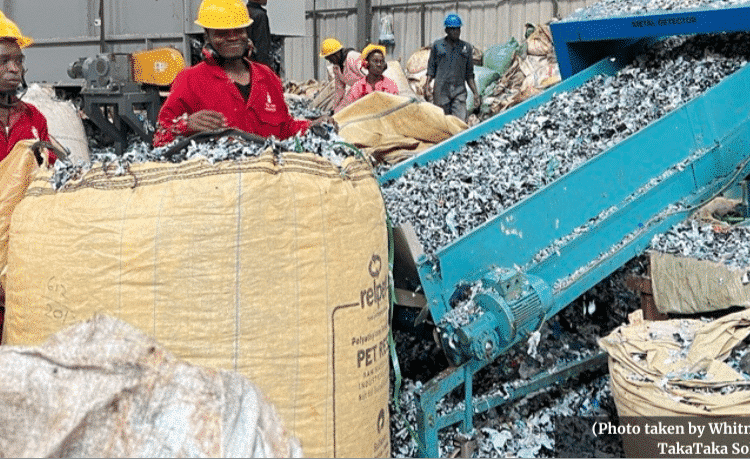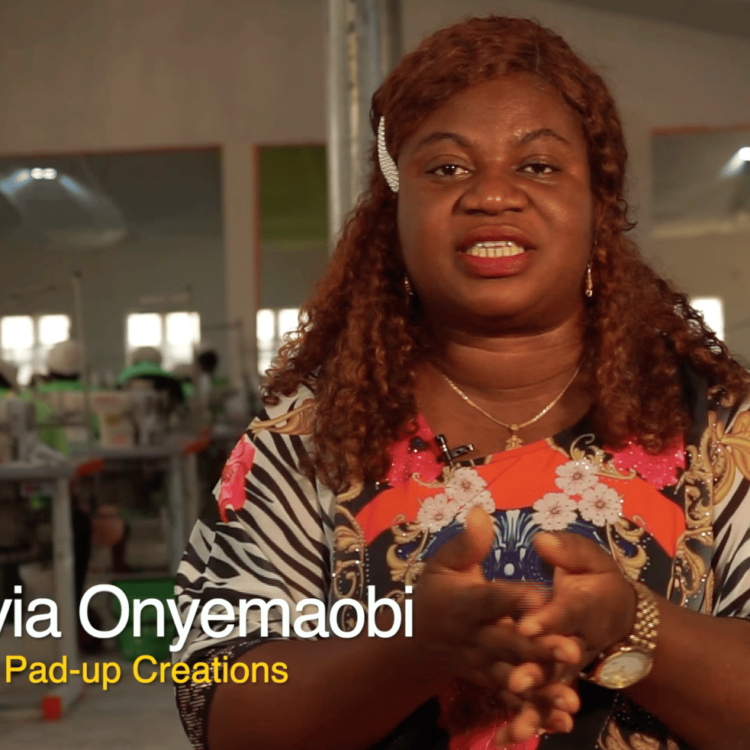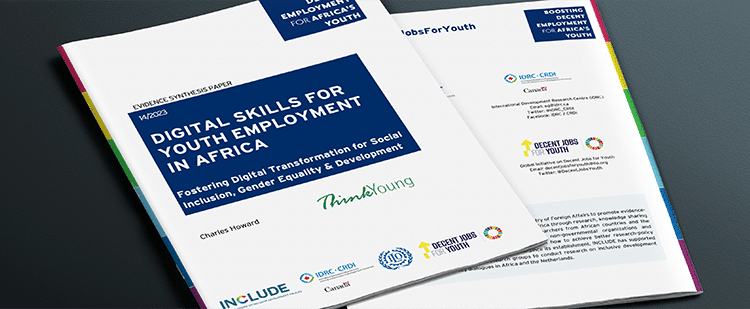
Doing business, particularly social business, is increasingly being mentioned by policy-makers, practitioners and academics as a sustainable solution for solving social problems in developing countries. Although social impact funds provide loans for enterprises aimed at having social impact, these funds seem to focus mostly on the business’ financial sustainability and much less on the likelihood that the business will generate the desired social impact. To ensure that only enterprises with the best chance of creating social impact in developing countries are supported, these funds should select enterprises that are financially sustainable, prefer social purposes over financial purposes, are innovative, have alternative governance structures and use different forms of income.
The Dutch policy focus on private sector development
According to the Dutch Minister of Foreign Trade and Development Cooperation, Lilianne Ploumen, business has to be involved in international cooperation in order to achieve sustainable and inclusive growth. This ‘aid and trade’ agenda is supported by the Foreign Ministry’s report ‘A world to gain: a new agenda for aid, trade and investment’. However, there are also critics of this new policy, who argue that stimulating entrepreneurship does not always have the envisioned effect. First of all, this is because with a focus on trade so-called ‘fragile states’ are bypassed. Companies tend to prefer investing in relatively stable low-income countries such as Uganda, while conflict-prone, high-risk countries like South Sudan are avoided. The second reason is that if growth only benefits a small top-layer of the population, or is diverted through financial and trade structures that disadvantage developing countries, it can lead to greater inequality instead of bringing prosperity for the society as a whole.
Development organizations and social enterprises
Civil society is also looking for ways to stimulate business in developing countries as an alternative approach to poverty alleviation. It has been doing this through mechanisms such as microfinance, for example. Another recent trend is for NGOs to provide loans to small and medium-sized enterprises (SMEs) to generate social impact by providing, for example, a service or product for remote or disadvantaged groups that was previously not accessible to them. But how can NGOs ensure that the SME that receives the loan will ultimately generate the desired social impact? For NGOs, the question is: What is the best criteria for selecting enterprises to receive a loan from social impact funds?
By conducting a case study on Oxfam Novib’s social impact fund ‘Inclusive Impact Investments ltd’, launched two years ago as a pilot, we found that in selecting companies Oxfam Novib gives more weight to financial aspects, such as profit making, and much less to their potential social impact. It is likely that this will also hold true for other NGOs. This tendency seems to be a form of overcompensation: development organizations have vast experience in monitoring social impact, but assessing the financial viability of SMEs is new.
Key elements to select social enterprises
Nevertheless, SMEs that are financially sustainable and that find the right balance between social and financial objectives are most likely to generate social impact. This was shown by our literature review of scientific articles from the last five years related to social enterprises and developing countries. Paradoxically, social entrepreneurship is seen as a more sustainable solution to problems in developing countries than other approaches, despite the fact that such companies struggle with their own financial sustainability.
Related to this are other characteristics of social entrepreneurship that also increase the likelihood of generating social impact, such as innovation. Social entrepreneurship often means finding creative and innovative solutions for a social problem, such as finding alternative energy solutions for off-the-grid communities. Also, the governance structures of social enterprises differ from ‘regular’ businesses because board members of social enterprises often do not receive remuneration. Moreover, non-traditional stakeholders such as members of the community and grass-roots organizations often sit on the board of social enterprises. A final characteristic is that social enterprises frequently receive income from different sources, such as grants and gifts, especially in the start-up phase of the business.
SMEs with most of these characteristics are most likely to have social impact. NGOs and policy-makers can, therefore, use these characteristics as a starting point to set the criteria for selecting companies in developing countries. Whether a business will really create the envisioned social impact remains hard to predict. A comprehensive due diligence process as well as a monitoring system during and after the investment is, therefore, required.




